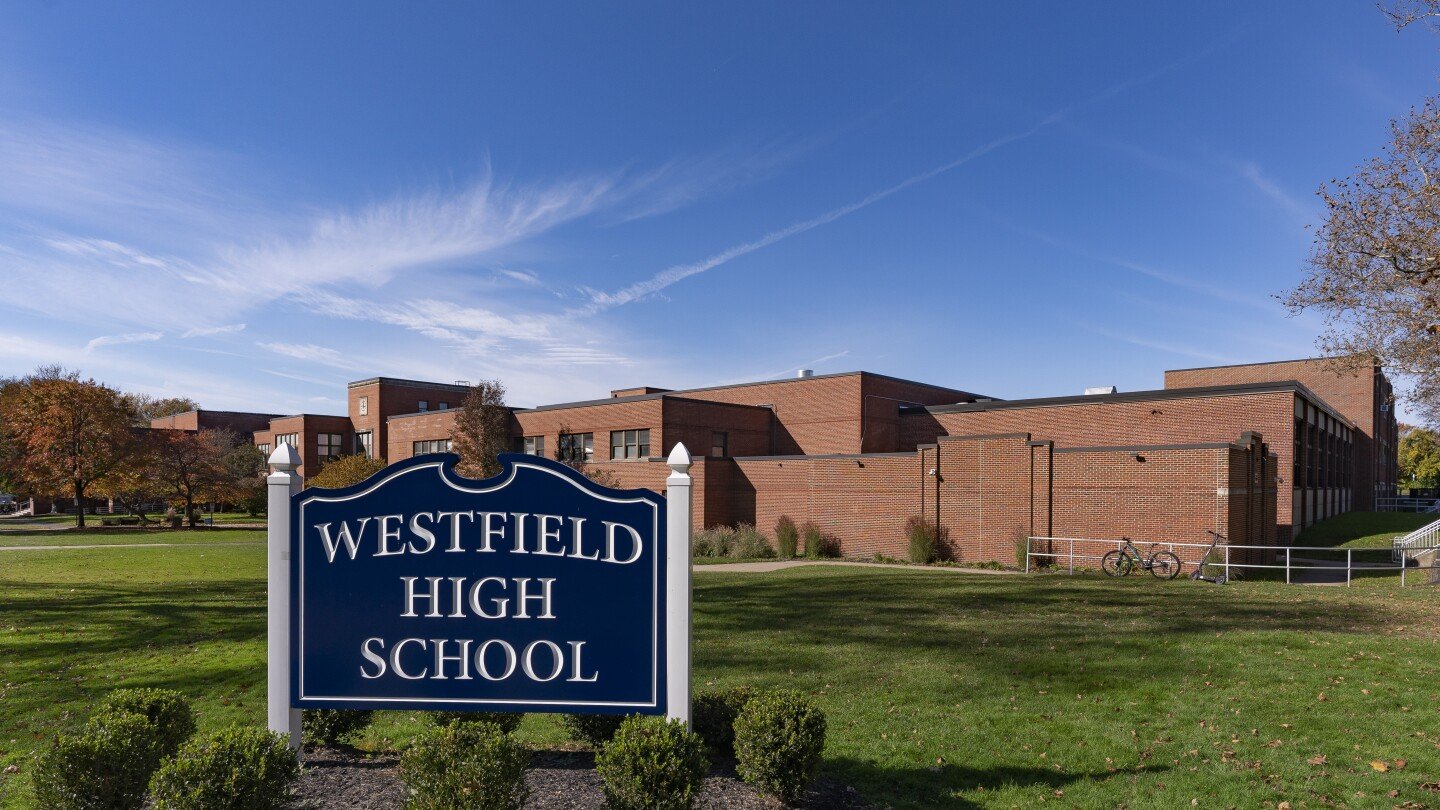A mother and her 14-year-old daughter are advocating for better protections for victims after AI-generated nude images of the teen and other female classmates were circulated at a high school in New Jersey.
Meanwhile, on the other side of the country, officials are investigating an incident involving a teenage boy who allegedly used artificial intelligence to create and distribute similar images of other students – also teen girls - that attend a high school in suburban Seattle, Washington.
The disturbing cases have put a spotlight yet again on explicit AI-generated material that overwhelmingly harms women and children and is booming online at an unprecedented rate. According to an analysis by independent researcher Genevieve Oh that was shared with The Associated Press, more than 143,000 new deepfake videos were posted online this year, which surpasses every other year combined.



What’s the fundamental difference between a deep fake and a good Photoshop and why do we need more laws to regulate that?
Lower skill ceiling. One option can be done by pretty much anyone at a high volume output, the other would require a lot training and are not available for your average basement dweller.
Good luck trying to regulate it though, Pandora’s box is opened and you won’t be able to stop the FOSS community from working on the tech.
photoshop is almost entirely automated now. and has phone apps that take it even further.
Photoshop (if it does?) and any other believable face swap apps use some sort of neural networks, which is exactly the problematic tech we are talking about.
Fear.